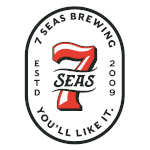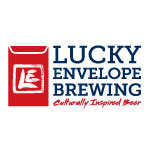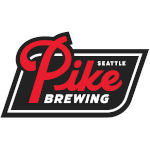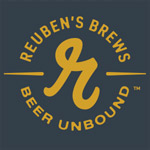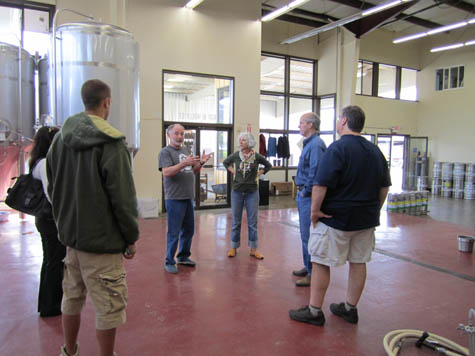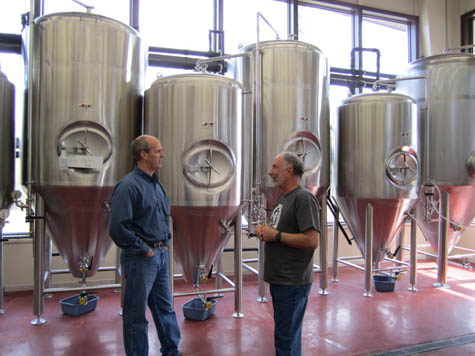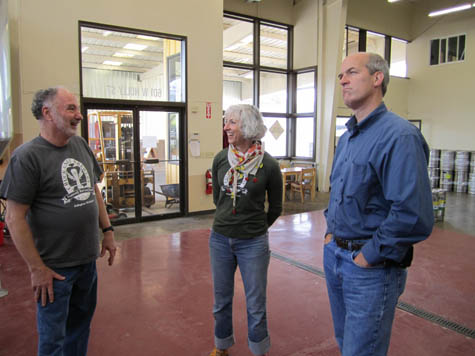This past Saturday morning, Congressman Rick Larsen of Washington’s 2nd Congressional District paid a visit to Bellingham’s Chuckanut Brewery and Kitchen. His mission was to learn more about the craft beer industry, from the actual nuts and bolts of the brewing process to the business and economic challenges facing craft breweries in Washington and across the country.
Just moments after the congressman walked through the door, Will Kemper handed Larsen a printout and explained that it was a list of all of the craft breweries in the 2nd Congressional District, which includes the communities of Everett, Monroe, Whidbey Island, Bellingham and others.
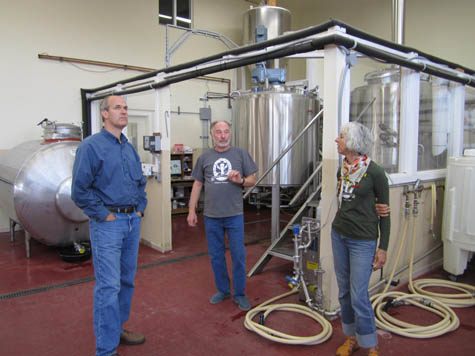
Larsen’s hosts, Chuckanut Brewery and Kitchen owners Will and Mari Kemper, did an excellent job of articulating the needs and concerns of craft brewers. Chuckanut Brewery and Kitchen was born in the summer of 2008, just a few short months before the financial markets began melting down. While the beers and the brewpub have won prestigious awards and have continually grown in popularity, Chuckanut has faced challenges because of the recession. Suffice it to say, it was not (is not) an easy time to be getting a business off of the ground. Representative Larsen seemed particularly interested in this part of the Chuckanut story.
The challenge of making beer when the well has run dry
The conversation included plenty of discussion about the decreased availability of business financing. The growing popularity of craft beer across the nation has created an uptick in demand for craft beer and many of our local breweries are scrambling to keep up. Virtually every brewery we visit is producing beer at capacity and is trying to grow. While some breweries are finding creative ways to finance the growth of their businesses, it has become increasingly difficult to secure funding through traditional means. It’s a theme we’ve heard over and over again: while business loans are not impossible to secure, various forms of private financing have become increasingly common.
Chuckanut recently installed five new conditioning tanks. The Kempers explained to Larsen exactly what they had to go through to make that happen. While Will and Mari were able to talk in detail about Chuckanut’s particular situation, we used larger brush strokes to share what we’ve learned from talking to so many brewers across the state.
Swallowing tons of information in a single gulp
When it came time to talk about the brewing process and the business of making beer, Will Kemper bombarded Larsen with information. The Congressman seemed to have a practiced ability to absorb it all. His questions were thoughtful and his interest genuine. For example, Larsen immediately recognized that a major byproduct of the process was hundreds of pounds of spent grain and he was curious to know how Chuckanut disposed of it. That’s when Mari Kemper lit up and chimed in.
Mari explains that a local pig farmer uses the spent grain to feed his hogs. When they’re able, Chuckanut serves pork from this pig farmer and calls it Full Circle Pork. She continues to talk about the restaurant’s commitment to local food and then segues into a conversation about the role that the restaurant side of the business plays in the local economy, not just by employing people but by engaging in commerce with local producers and vendors.
Issues at hand
The hour-long conversation included a number of other topics, most of which are familiar to craft beer enthusiasts. While this pleasant little chat about beer and the beer industry was worthwhile, there are important issues at hand and there was no way that Will Kemper (or I, for that matter) was going to let this opportunity pass without giving Larsen an opinion or two.
For example, we talked about H.R. 4278—a bill that introduces changes to the federal excise tax codes, redefining a “small” brewery and changing the excise tax paid by a brewery on each barrel of beer it produces. Will Kemper explained his position on this important issue, pointing out that the changes promised by H.R. 4278 would allow him to further grow his business, create more jobs and pay more state, local and federal taxes not so directly tied to the production of beer. (Read other posts about H.R. 4278)
This issue was not foreign to Representative Larsen. He is, after all, a member of the House Small Brewers Caucus. We thanked him for his participation in that important group. In 2007, members of congress who wanted to gain a better understanding of the craft brewing business formed the House Small Brewers Caucus. Co-chaired by Representatives Peter DeFazio (D-Oregon) and Dennis Rehberg (R-Montana), the Caucus seeks to gain a better understanding of the craft brewing community. The purpose of the Caucus is to provide interactive opportunities for elected officials and their staffs to learn about craft beer, from business and regulatory issues to the history of the craft beer industry.
Congressman Larsen’s visit to the Chuckanut Brewery and Kitchen is a perfect example of the kinds of interactions and opportunities the House Small Brewers Caucus aims to facilitate.
Attaway, Rick! Attaway!
We appreciate Representative Larsen’s interest in the craft beer business. How much the United States Congress can or will do to help the craft beer industry remains to be seen; nevertheless, it is nice to know that there are people working in the other Washington who care enough about this Washington to stop by and talk to small business owners like Will and Mari Kemper.
The Kempers and other small breweries like Chuckanut are not powerful, influential campaign contributors; however, craft beer is one of the only industries in Washington that continues to grow during these rough economic times. It’s good to know that Congressman Larsen and the other members of the House Small Brewers Caucus are paying attention.
Before he was a congressman, Rick Larsen attended Pacific Lutheran University. In the words of the late Frosty Westering, PLU’s legendary football coach, “Attaway, Rick, Attaway!”



